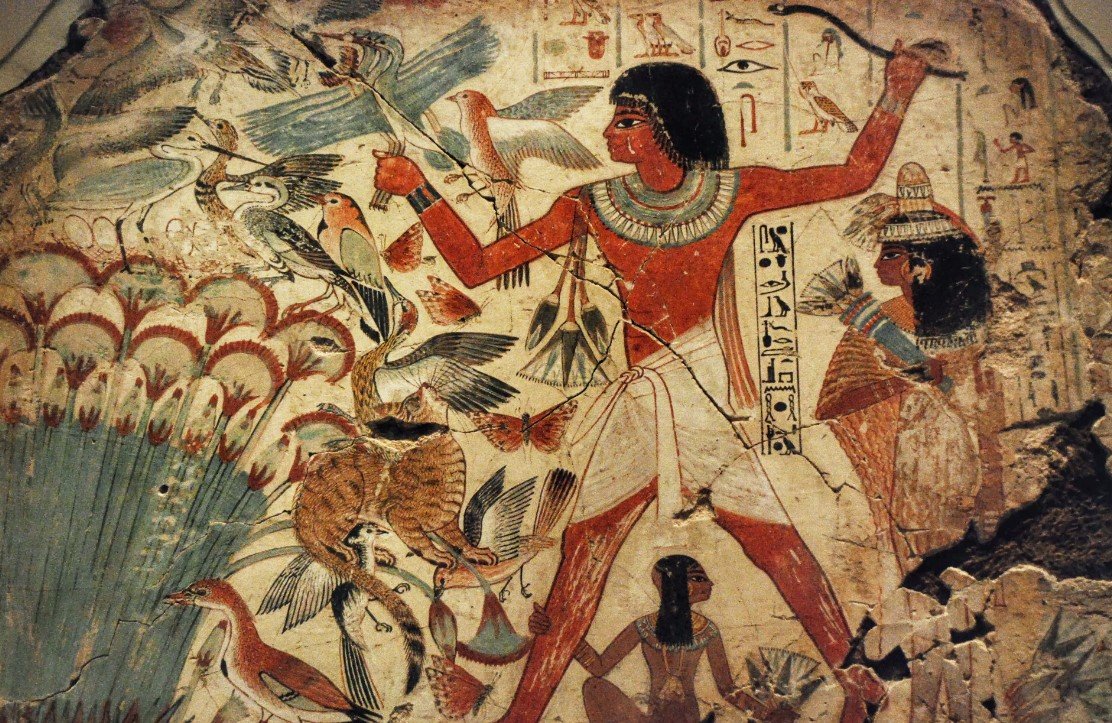Egypt, often referred to as the “Land of Opportunity,” is rapidly emerging as a hub for trade, investment, and cultural exchange. With its strategic location at the crossroads of Africa, the Middle East, and Europe, Egypt offers a unique blend of historical richness and modern economic potential. The country’s recent economic reforms and infrastructure developments have further enhanced its attractiveness to investors and tourists alike. This article explores the various facets that make Egypt a land of opportunity, from its economic landscape to its cultural heritage.

Economic Growth and Investment Potential
Egypt’s economy has undergone significant transformation over the past decade, positioning itself as a thriving hub for trade and investment. The government’s ambitious economic reform program has focused on improving the business environment, attracting foreign direct investment, and boosting economic growth. Key sectors such as energy, construction, and tourism have seen substantial investments, driving economic expansion and job creation.
The Suez Canal, one of the world’s most important waterways, continues to be a major revenue generator for Egypt. The recent expansion of the canal has increased its capacity, allowing for larger vessels and boosting trade volumes. This has further solidified Egypt’s position as a critical global trade route, attracting international businesses and investors.
In addition to the Suez Canal, Egypt’s strategic location offers access to a vast market of over 1.3 billion people across Africa and the Middle East. This makes it an ideal gateway for companies looking to expand their operations in these regions. The government’s focus on infrastructure development, including new industrial zones and transportation networks, has also enhanced the country’s investment appeal.
Cultural Heritage and Tourism
Egypt’s rich cultural heritage is another key factor that contributes to its status as a land of opportunity. The country is home to some of the world’s most iconic historical sites, including the Pyramids of Giza, the temples of Luxor, and the ancient city of Alexandria. These landmarks attract millions of tourists each year, generating significant revenue for the economy and creating numerous job opportunities in the tourism sector.
The Egyptian government has made substantial investments in preserving and promoting its cultural heritage. Initiatives such as the Grand Egyptian Museum, set to be the largest archaeological museum in the world, aim to showcase Egypt’s ancient treasures and attract even more visitors. These efforts not only boost tourism but also foster a sense of national pride and cultural identity.
In addition to its ancient history, Egypt offers a vibrant contemporary culture. The bustling markets of Cairo, the serene beauty of the Nile River, and the stunning beaches of the Red Sea are just a few examples of the diverse experiences that Egypt has to offer. This blend of old and new creates a unique and compelling destination for tourists from around the world.
Bilateral Relations and Regional Influence
Egypt’s strategic importance extends beyond its economic and cultural assets. The country plays a pivotal role in regional politics and international relations. Its location at the intersection of Africa, the Middle East, and Europe gives it significant geopolitical influence, making it a key player in regional stability and cooperation.
Egypt has cultivated strong diplomatic and economic ties with numerous countries, including Pakistan. The two nations share a long history of collaboration, rooted in shared cultural and religious values. Recent efforts to strengthen bilateral relations have focused on enhancing trade, investment, and cultural exchanges. These initiatives aim to create mutually beneficial opportunities and foster greater understanding between the two countries.
The Egyptian government has also been active in regional organizations such as the African Union and the Arab League, advocating for economic integration and political cooperation. Egypt’s leadership in these forums underscores its commitment to regional development and stability, further enhancing its reputation as a land of opportunity.
